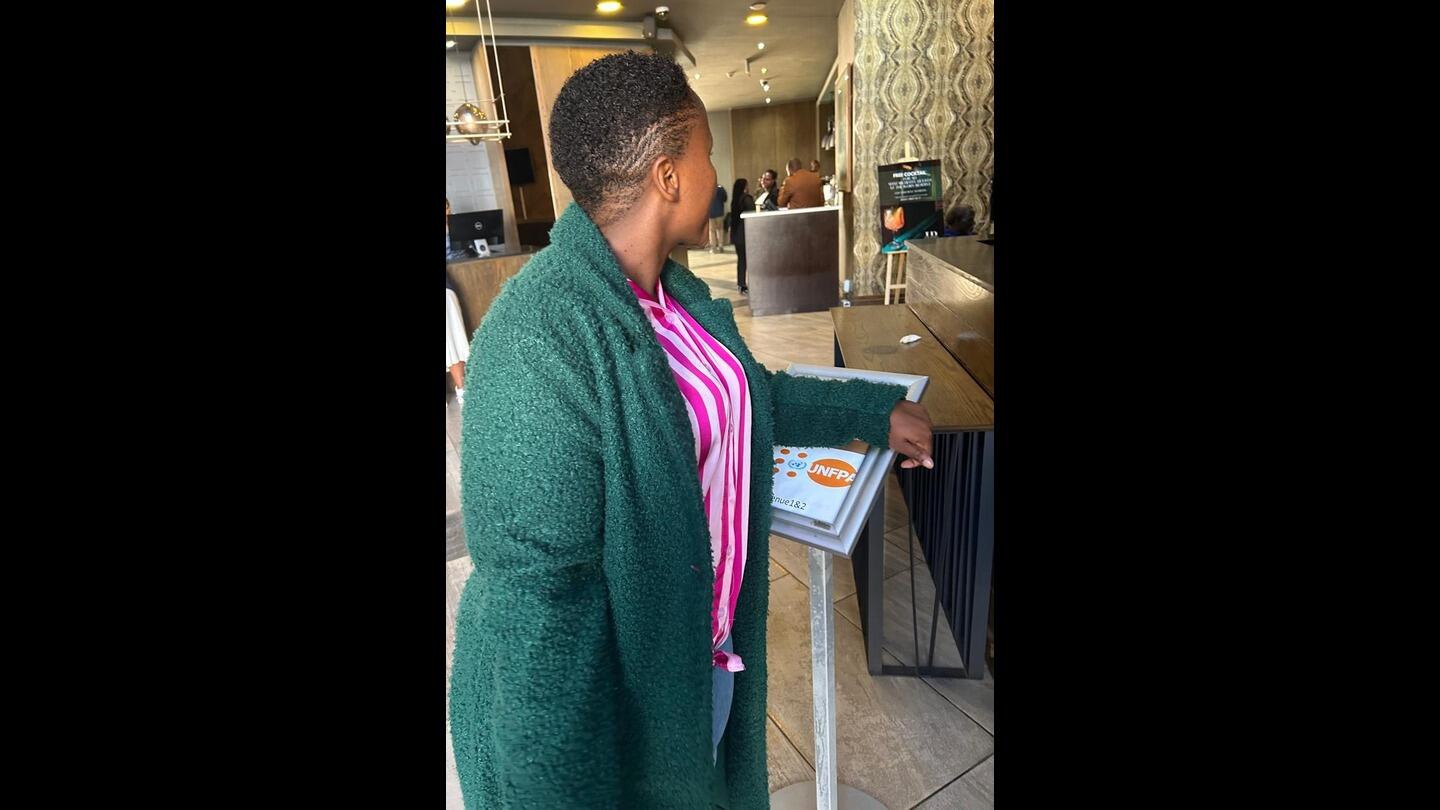In the quiet rural stretches of the Eastern Cape, where tradition often shapes the path of young lives, 15-year-old Neliswa’s world was turned upside down one afternoon in 2009. She had gone, as usual, to fetch water from the nearby river — but she never made it home.
“I remember the sound of the wind, and then the sound of footsteps behind me,” she says softly. “When I turned around, there were three men. They grabbed me. I didn’t understand what was happening.”
Neliswa had been abducted under the guise of ukutwala — a deeply rooted cultural practice that involves the abduction of young girls for marriage. In her case, a bride price (lobola) had already been paid by the man’s family, solidifying an agreement that she had never been part of.
“They told me I was already someone’s wife. That I had no choice,” she says. “But I had dreams. I wanted to be a teacher.”
Fearing for her future, and with the help of a sympathetic elder woman in the village, Neliswa escaped before the marriage could take place. She returned home, shaken but resolute. With the support of a local women’s organisation and the intervention of social workers, she returned to school and reclaimed her path.
Today, at 31, Neliswa is an early childhood development practitioner and a passionate advocate for girls' rights. She works in partnership with the Eastern Cape Department of Social Development and UNFPA under the Women’s Empowerment and Gender Equality (WEGE) Strategy, which addresses harmful social norms and promotes the rights and agency of women and girls. Together with the Department of Social Development, they are mobilizing communities to challenge harmful practices like ukutwala, promote gender equality, and ensure that no girl is left behind.
Through school dialogues, community workshops, and youth-led forums, Neliswa shares her story — not to relive her trauma, but to spark change. “I speak so that others don’t have to live what I lived. I want girls to know they have the right to say no. That culture must protect, not harm.”
Neliswa’s courage has become a symbol of transformation. “We must not only empower girls,” she says. “We must also educate families, traditional leaders, and boys. Only then can we break the cycle.”
Her story is a testament to what is possible when girls are protected, empowered, and heard.


